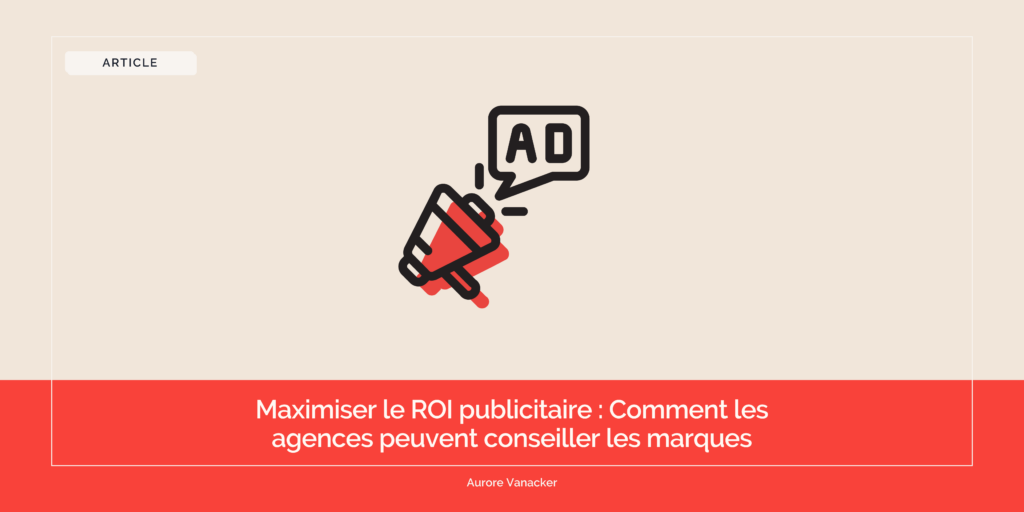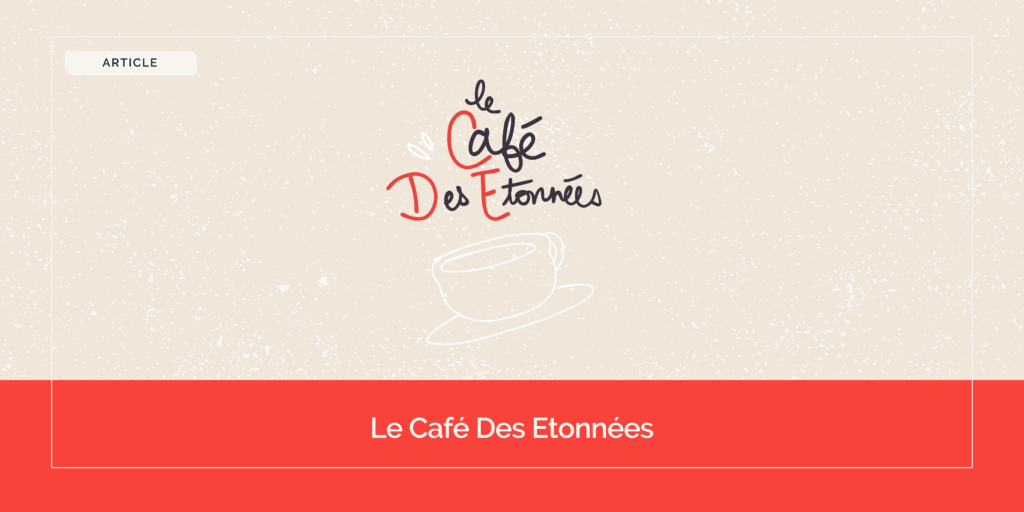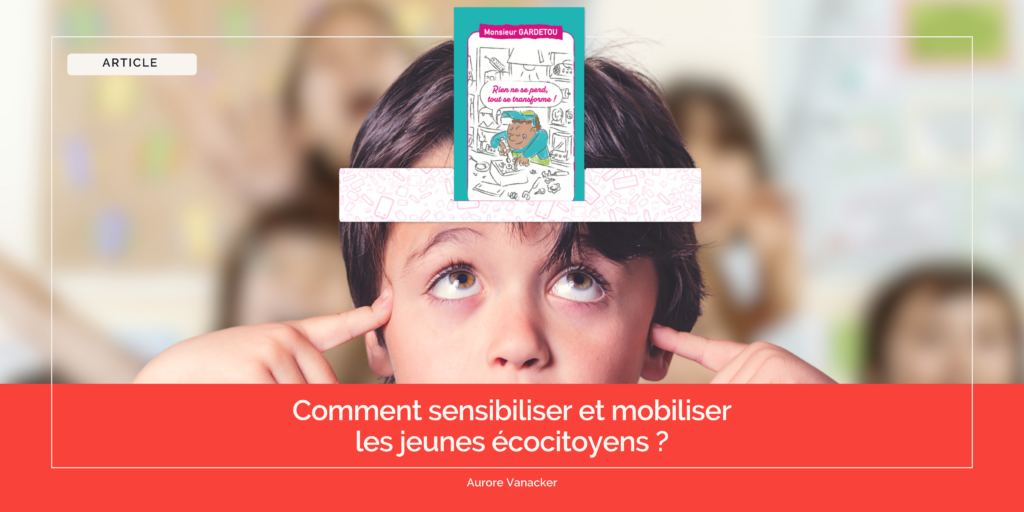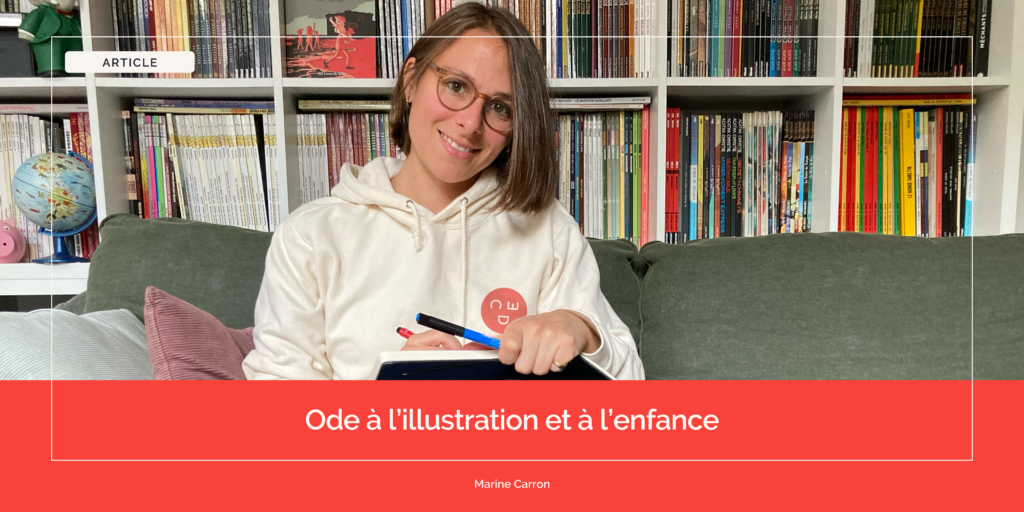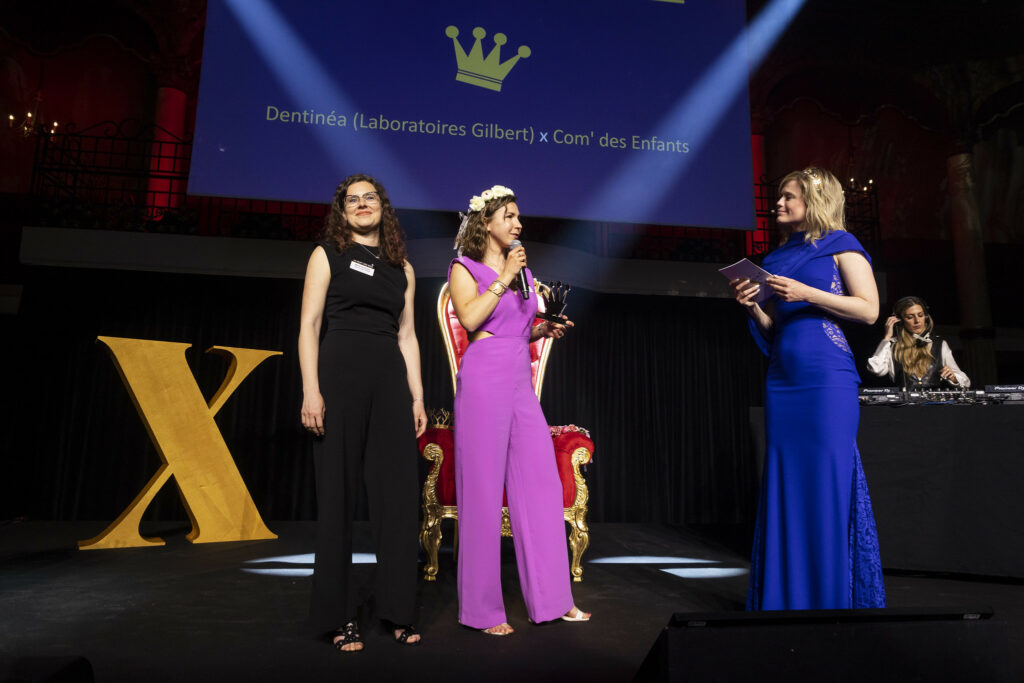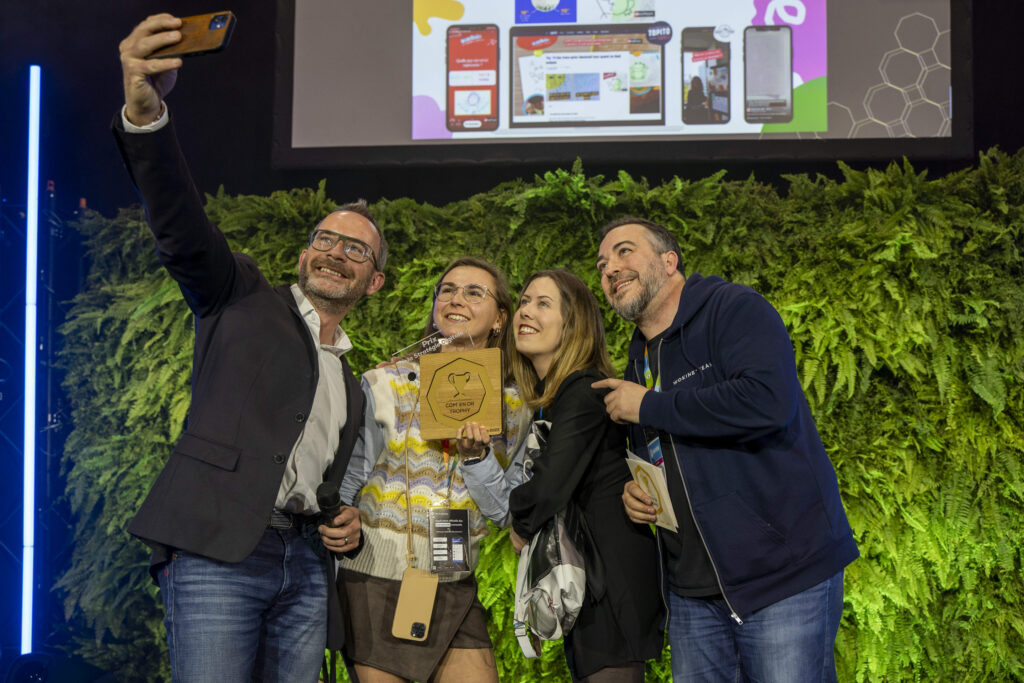Globalization or at least internationalization, which has been observed for decades, is no longer a concept to be defined. As a brand, once well established on its national market, opening up the sale of its products to neighboring countries quickly becomes obvious and a strong growth lever.
This is often facilitated in the first instance by the existence of pure-players. They themselves have an international presence to sell their products. Beyond distribution, the question that remains is the international marketing and communication strategy to adopt around these products. Can it be standardized or, on the contrary, should it be totally adapted to the local specificities of each country and the families that make it up?
COMMON INTERNATIONAL STRATEGY, LOCALIZED DEPLOYMENT
There is of course an "in-between", the "glocalization". This concept is the basis for the creation of The League, an international network of agencies specializing in children and families. Co-created by Com' des Enfants in 2021 with its partners in 4 other key markets in Europe (UK, Germany, Italy and Spain). The League offers its international clients -brands, companies and licenses- a global strategic vision . This strategy is based on the creation and comparison of insights from each market. The strategy is based on the creation and comparison of insights from each market, which are followed by locally adapted activations and creative content based on the expectations of families.
EUROPEAN FAMILIES: CLOSE BUT DIFFERENT
The results of the " Family life in Europe " study - conducted by The League among families in France, Germany, Italy, Spain and the United Kingdom - highlight the differences and similarities between these families. Both in the influence that parents and children exert on each other in the purchasing process. And in the major expectations parents have of children's products. For example, the key moments of sharing declared by families - potential windows of action for a brand wishing to accompany these moments - are very disparate according to the country.
Also, Germans have a very different view of the criteria for choosing a children's product than other families in Europe. According to them, durability is the most important criterion. While the vast majority of European families surveyed agree that the educational value of a children's product takes precedence over everything else. Another point of divergence is that while parents are considered as the main source of influence on children's preferences, especially in France, in Germany and Italy, it is the friendly sphere that seems to play the main role.
Nevertheless, the European families surveyed in this study are aligned on some points. The types of products for which children exercise the most prescriptive power. Or on the fact that they primarily buy products/brands that they already know themselves as parents.
According to Shirley Curtat-Cadet, director of Com' des Enfants: " The differences observed in the preferences of families in these European countries legitimize the very existence of The League network and our desire to approach marketing thinking targeting children and families in a differentiated way in order to propose glocal strategies to brands .
It is on the basis of insights such as the ones mentioned above that The League's member agencies work together. This work consists of offering international marketing support. And thus strengthen family brands, both in their awareness and in the growth of their sales.
GLOCALIZE YES, BUT WHAT, HOW & WHY?
Beyond taking into account the distinct expectations of European families to ensure the success of an international brand strategy. Glocalization also allows for economies of scale. An international marketing team or agency can jointly think through the strategy for different target markets. By using The League, a brand can even streamline its decision-making and strategic processes . And it does so by choosing to have a single point of contact among the agencies in the countries where it operates.
The recommended international marketing strategy should be based on existing local insights . Or better, on insights specific to the brand and its products. In this case, a common methodology and study materials (questionnaire, interview guide, stimuli) will be used in all countries. This action will be carried out on the basis of a translation or even an adaptation at certain levels:
- the sample surveyed, to be representative of the population in each market.
- the incentives, so that they are evocative to the participants in each market.
The results of the study of the different countries should of course be built on the basis of a unique template. This will allow us to compare them and thus build the brand's international marketing strategy on a solid basis.
This is the work we've done with The League for McDonald's and Pokémon, for example. Eager to write the future of their offerings and content on an international level.
Glocalization can then take place in different ways. For example, it is possible to imagine a global concept for the design of spaces for children or families. Then adapted locally in terms of graphic design and materials used. This is what we did for Club Med. By proposing a new concept for the children's clubs of its international resorts. And offering 3 different experiential spaces in which only the covering of the floors and walls (frescos) was adapted according to the local culture. Mural paintings of the "Art Studio" spaces in the mini Club Med resorts of Belek, Palmiye and Pragelato in Turkey and Italy respectively.
It is also possible to imagine unique edutainment materials. Essentially based on iconography to be distributed as is internationally. And only the "instructions for use" are textual and translated into the language of the market or into English. In this case, the edutainment medium and the graphic representations they use must meet the expectations and constraints of the different countries. For example, for Danone Research, we have developed supports deployed throughout the world for children and then for nursing mothers. Allowing them to detect, independently, their hydration needs.
The last example is the world of licensing, where most cartoon franchises are often present internationally. This is the case with Trolls and Spirit Riding Free from Universal-Dreamworks Studios. Glocal" activations therefore seem to be very appropriate. The "Coronation of Poppy" communication operation (heroine of the Trolls film) is the perfect representation of this. Under a unique naming and graphic universe, it was a question, in several countries, of organizing and mediatizing via digital levers. At the same time, a competition (each country adopting its own mechanics) was organized to win tickets to a gigantic event. The latter took place in the UK: Poppy's coronation party. Where families and parents influencers from different countries were invited.
For the Spirit Riding Free license, a global concept was written to accompany the launch of the license in France, the Netherlands and the United Kingdom. And to select in each market a young ambassador singer, already having a certain notoriety. And this, to reinterpret the soundtrack of the series in a music video, produced and mediatized locally in each of the 3 countries. Subsequently, another music video from the series was jointly produced in the UK. Featuring singers from all 3 countries and then publicized in each territory.






